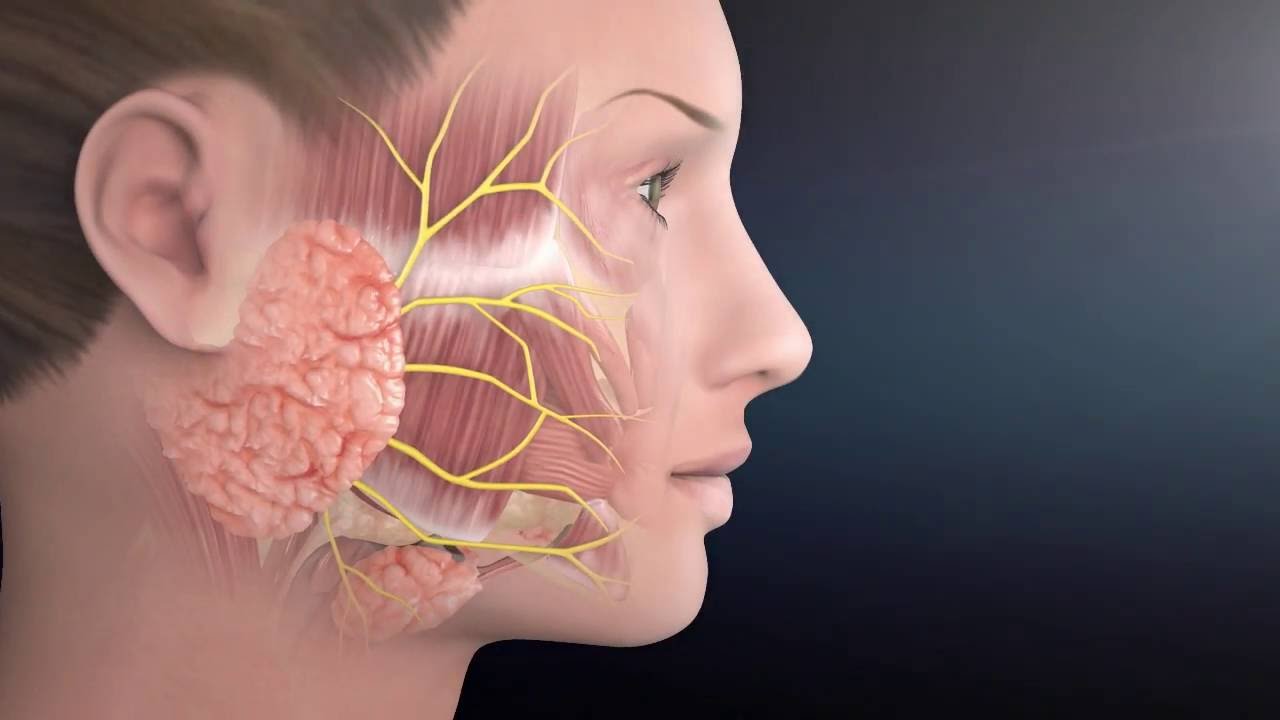Salivary Gland Tumor Removal in Belgium
Find the best clinics for Salivary Gland Tumor Removal in Belgium
No clinics available
Germany offers the best prices Worldwide
Price: $ 8,031

WHY US?
At Medijump, we're making medical easy. You can search, compare, discuss, and book your medical all in one place. We open the door to the best medical providers worldwide, saving you time and energy along the way, and it's all for FREE, no hidden fees, and no price markups guaranteed. So what are you waiting for?

Free

Best Price

Widest Selection

Risk-Free
What you need to know about Salivary Gland Tumor Removal in Belgium

Salivary gland tumor is a rare type of tumor that starts in any of the salivary glands in your mouth, which can be benign (noncancerous) or malignant (cancerous). The salivary glands produce saliva to help you swallow, protect your teeth from bacteria, lubricate your mouth, and help the digestion of food. There are three major pairs of salivary glands: parotid, submandibular, and sublingual. Salivary gland tumors usually occur in the parotid gland and treatment often involves removal of the tumor.
What does a Salivary Gland Tumor Removal Procedure Involve?
You are given a general anesthetic so you are unconscious during the surgery. If the tumor is located in the parotid gland, your surgeon makes an incision that extends from the front of your ear to your neck to access the gland, then they carefully remove as much of the tumor as possible without harming your facial nerve. If the tumor has spread into deeper tissue, your surgeon may remove the entire gland.
How Long Should I Stay in Belgium for a Salivary Gland Tumor Removal Procedure?
Most people are required to stay in the hospital for one to four days following the surgery. However, you should not leave Belgium immediately after you are discharged from the hospital since you need to allow your body time to heal and attend follow-up checkups. The recommended length of stay is about 10 to 14 days.
What's the Recovery Time for Salivary Gland Tumor Removal Procedures in Belgium?
The total recovery time until you do not feel any numbness and you are allowed to go back to your full routine can take as long as six months. However, you should be able to drive and do some light activities within 1-2 weeks. If your job is not too physical and does not involve heavy lifting, you may also be able to return to work in about two weeks.
What sort of Aftercare is Required for Salivary Gland Tumor Removal Procedures in Belgium?
Your doctor will give you a set of instructions that you need to follow. It is really important for you to change your lifestyle by having regular exercise (aerobic exercise, such as walking, swimming, or biking) and following a healthy, well-balanced diet. You may also need to attend follow-up appointments, particularly if your tumor is cancerous, to make sure that the tumor has not returned and there are no new growths.
What's the Success Rate of Salivary Gland Tumor Removal Procedures in Belgium?
Saliva gland tumor removal is a complicated surgery, but it is generally safe and effective if done by a skilled professional. All surgery carries some side effects and risks, and salivary gland tumor removal is no exception. The side effects and risks include bleeding, infection, blood clots, damaged nerve, lose control of facial muscles, Frey syndrome, change in appearance, and problems with the anesthesia.
Are there Alternatives to Salivary Gland Tumor Removal Procedures in Belgium?
If your tumor is cancerous, your doctor may recommend you to undergo chemotherapy or radiation therapy to kill cancer cells. Make sure to talk to your doctor about the best treatment option for your specific case.
What Should You Expect Before and After the Procedure
Before salivary gland tumor removal, you may experience numbness in a part of your face, persistent pain, difficulty swallowing, swelling near your jaw, muscle weakness on one side of your face, and trouble opening your mouth widely. Salivary gland tumors can also spread to other organs and become life-threatening. After the removal, all of your symptoms can be relieved and the risk of the tumor spreading to other organs is reduced.
Whilst the information presented here has been accurately sourced and verified by a medical professional for its accuracy, it is still advised to consult with your doctor before pursuing a medical treatment at one of the listed medical providers
No Time?
Tell us what you're looking for and we'll reachout to the top clinics all at once
Enquire Now

Popular Procedures in Belgium
Prices Start From $111

Prices Start From $404

Prices Start From $308

Recommended Medical Centers in Belgium for procedures similar to Salivary Gland Tumor Removal

- Interpreter services
- Translation service
- Religious facilities
- Medical records transfer
- Medical travel insurance
- Health insurance coordination
- TV in the room
- Safe in the room
- Phone in the room
- Private rooms for patients available

- Interpreter services
- Translation service
- Religious facilities
- Medical records transfer
- Medical travel insurance
- Health insurance coordination
- TV in the room
- Safe in the room
- Phone in the room
- Private rooms for patients available

- Interpreter services
- Translation service
- Religious facilities
- Medical records transfer
- Medical travel insurance
- Health insurance coordination
- TV in the room
- Safe in the room
- Phone in the room
- Private rooms for patients available

- Interpreter services
- Translation service
- Religious facilities
- Medical records transfer
- Medical travel insurance
- Health insurance coordination
- TV in the room
- Safe in the room
- Phone in the room
- Private rooms for patients available

- Interpreter services
- Translation service
- Religious facilities
- Medical records transfer
- Medical travel insurance
- Health insurance coordination
- TV in the room
- Safe in the room
- Phone in the room
- Private rooms for patients available

- Interpreter services
- Translation service
- Religious facilities
- Medical records transfer
- Medical travel insurance
- Health insurance coordination
- TV in the room
- Safe in the room
- Phone in the room
- Private rooms for patients available

- Interpreter services
- Translation service
- Religious facilities
- Medical records transfer
- Medical travel insurance
- Health insurance coordination
- TV in the room
- Safe in the room
- Phone in the room
- Private rooms for patients available
